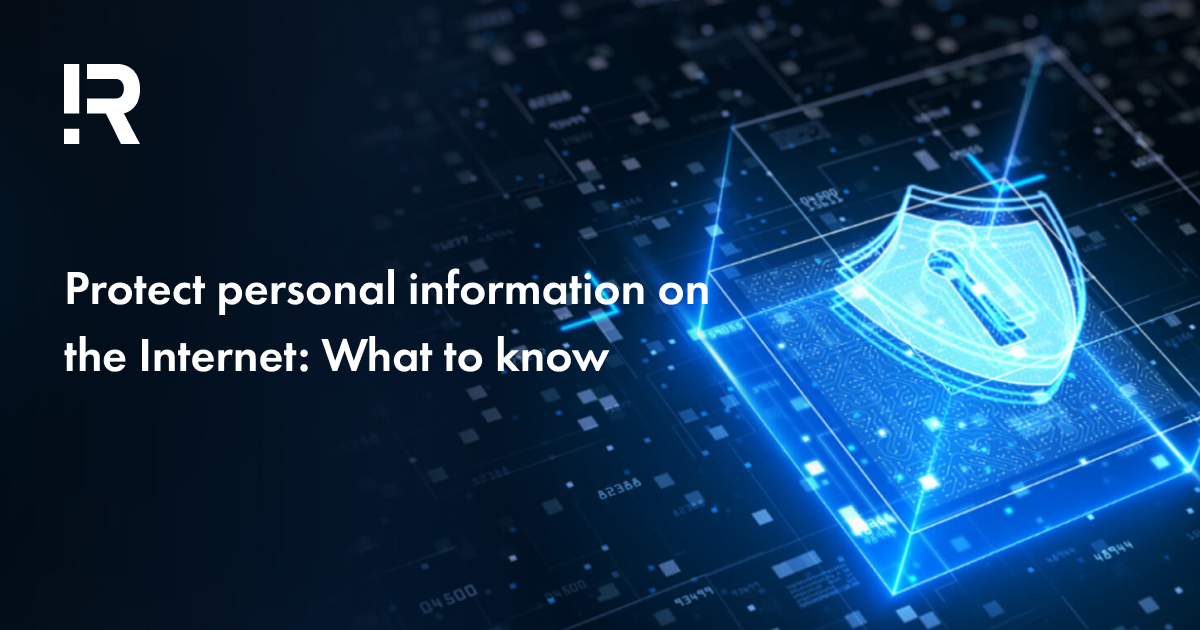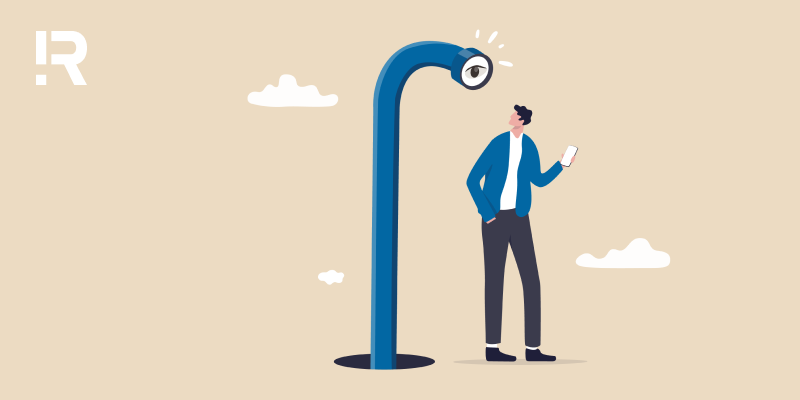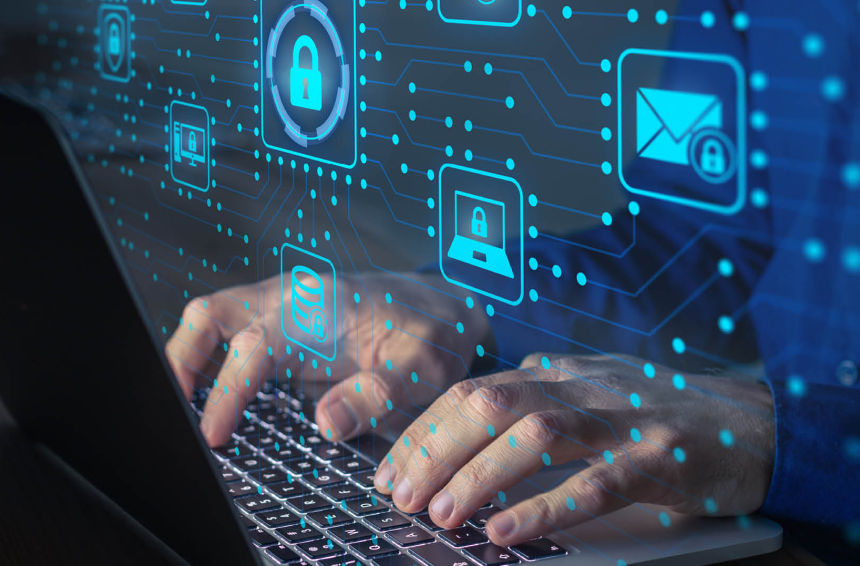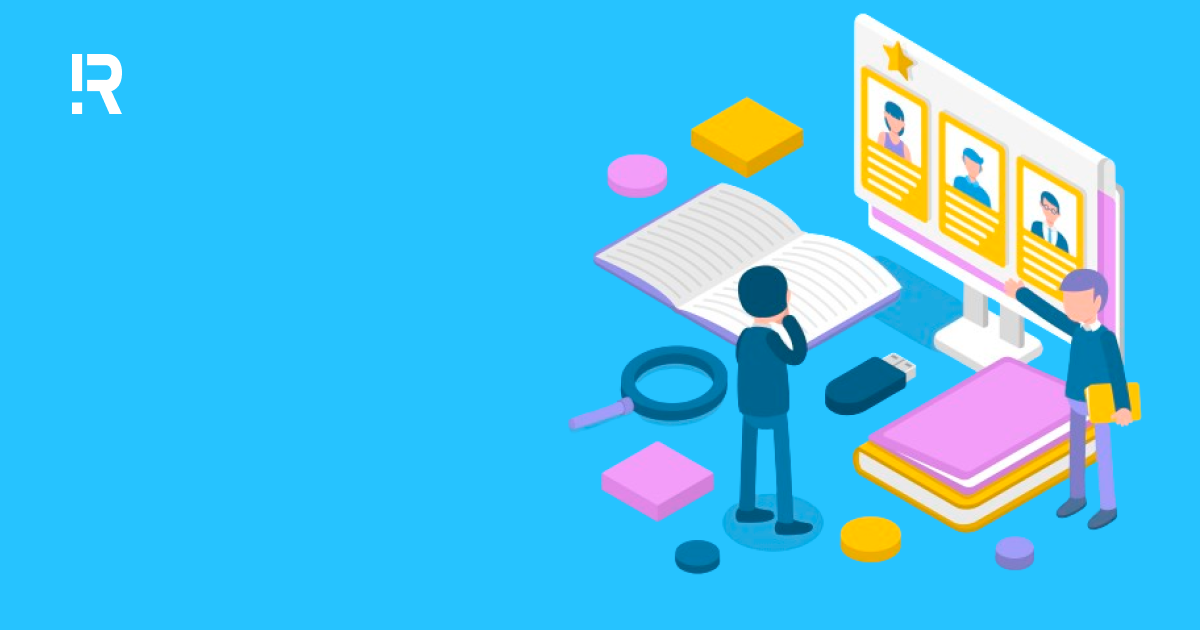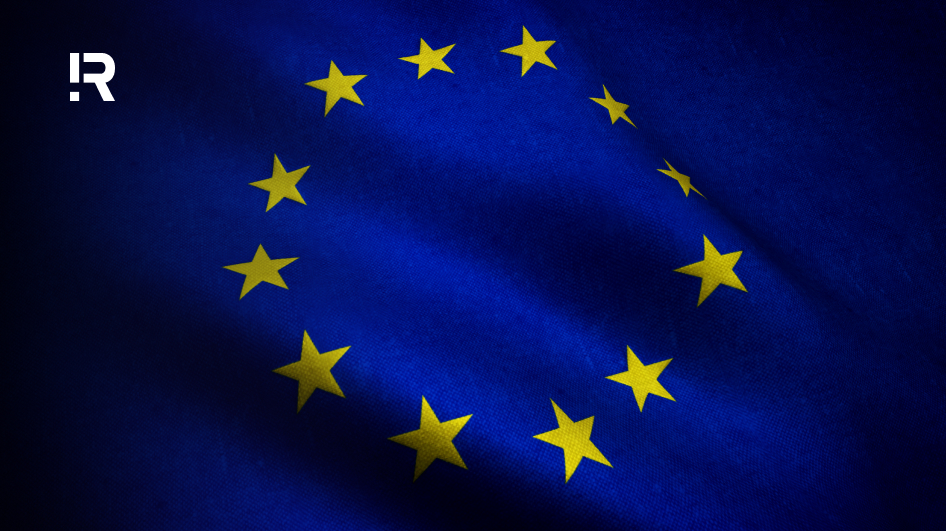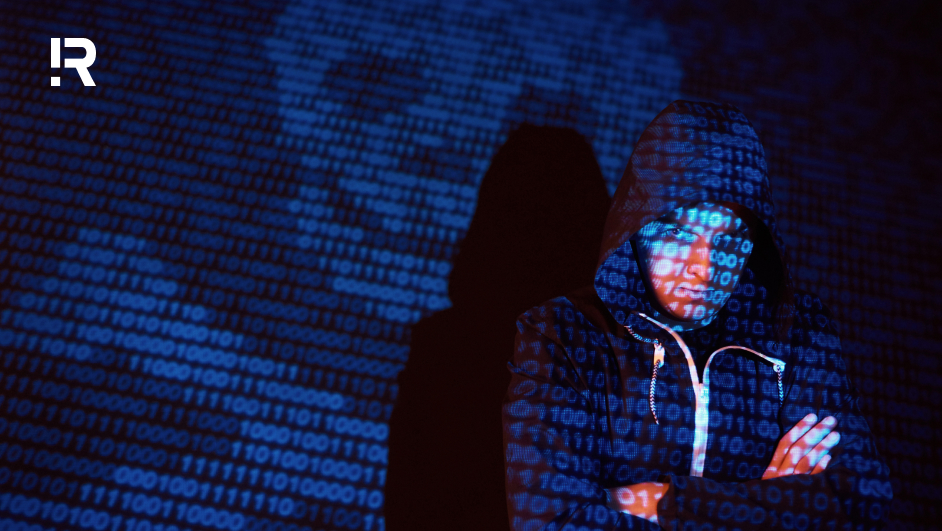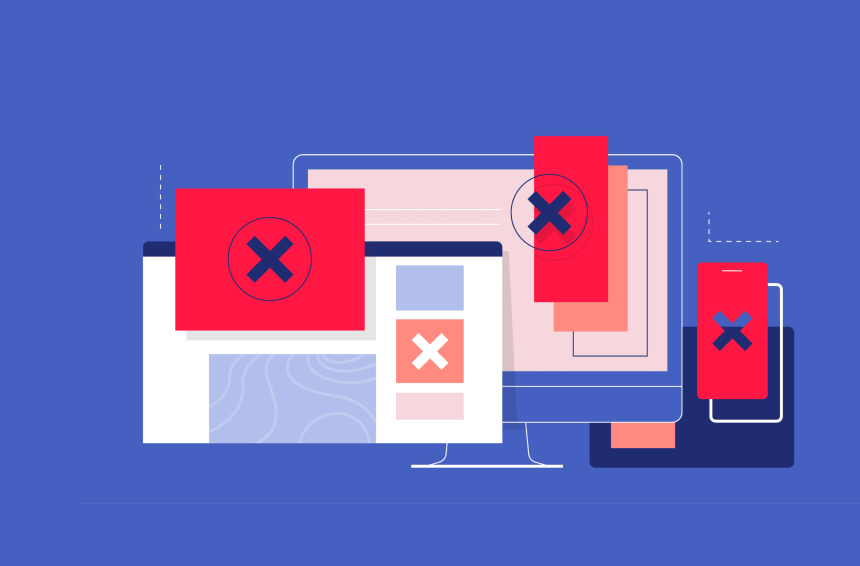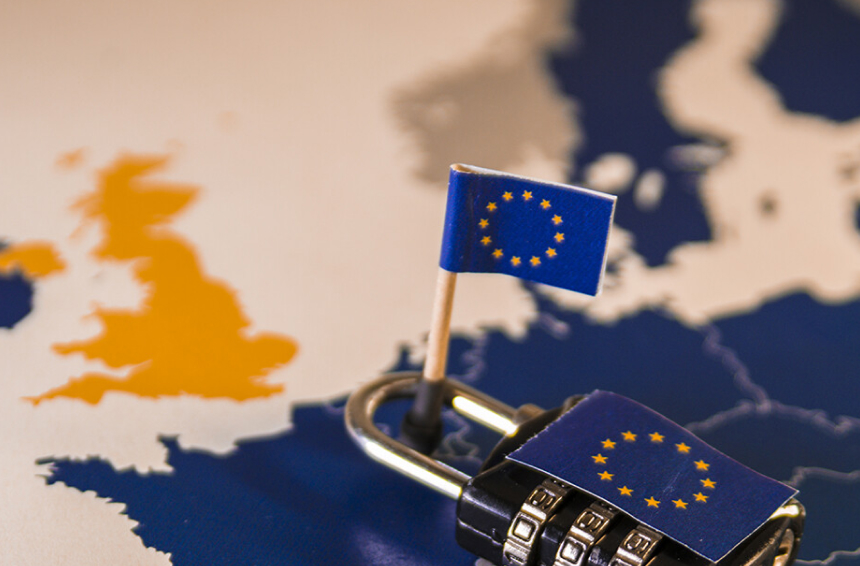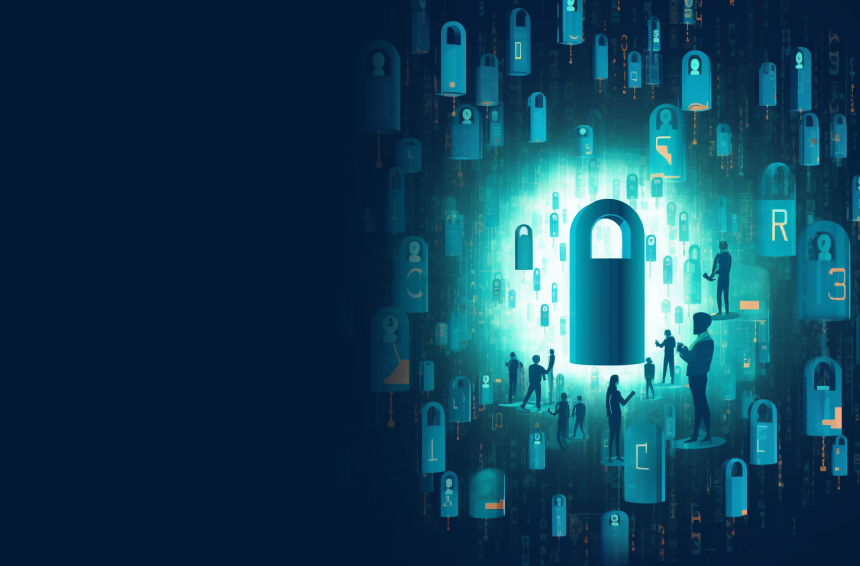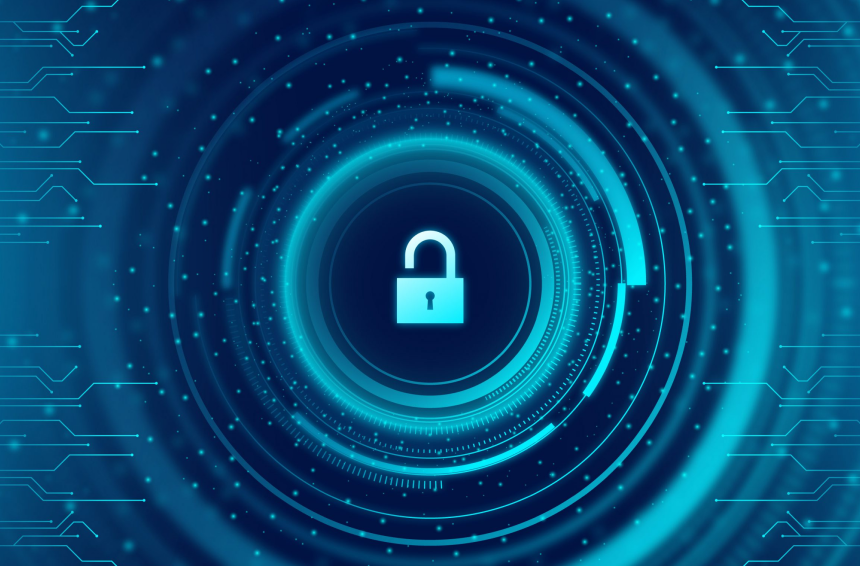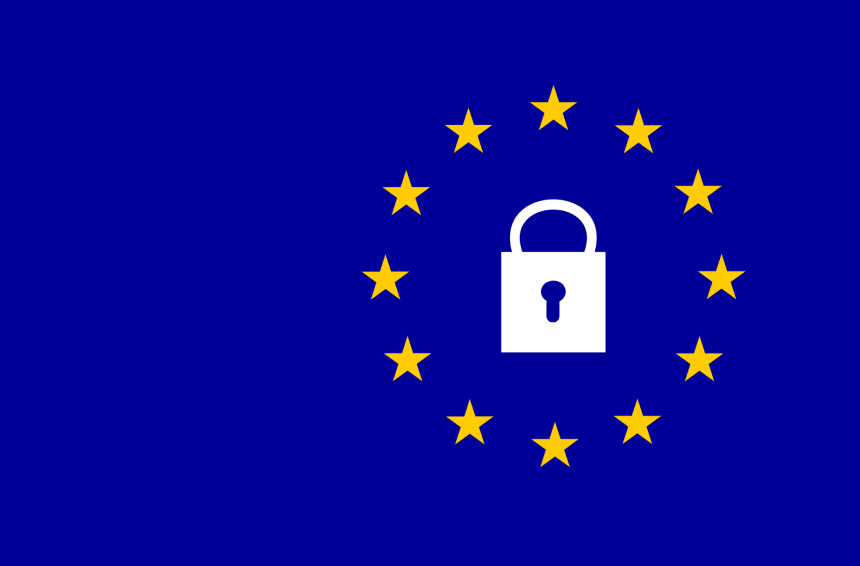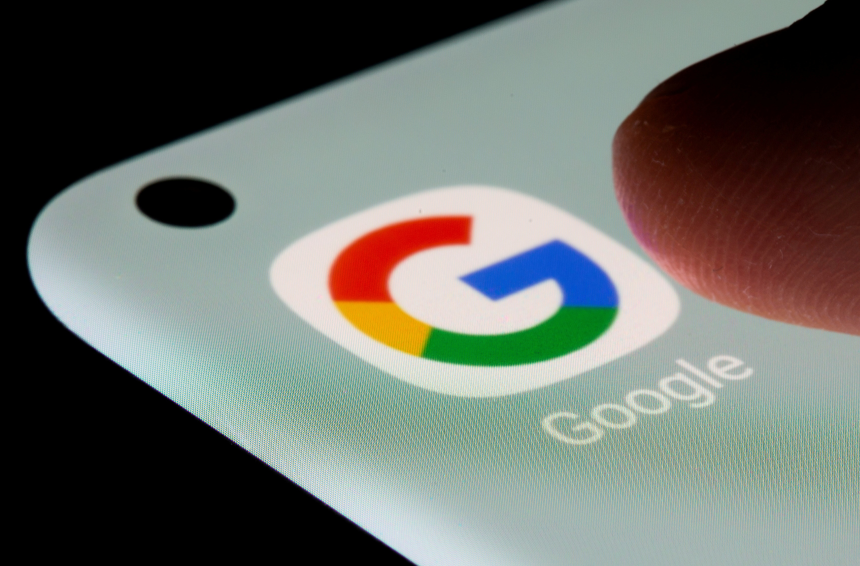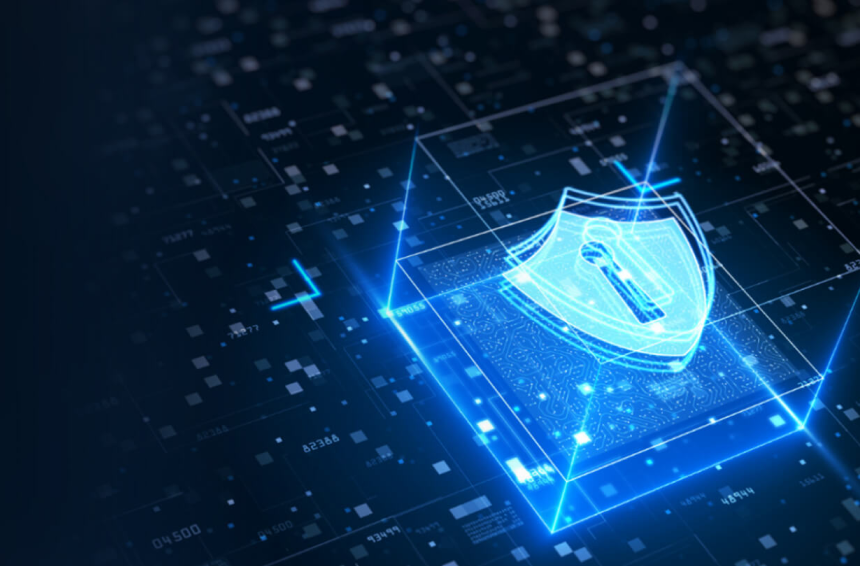1. What exactly is personal information? Definition and examples
Personal information is any information that can be used to identify an individual or directly linked to them. However, because there is no universal law on data protection and privacy, legal definitions of personal information may differ depending on the country in which you live.
Personal information in Vietnam, according to regulations, includes the following:
- Full name, birth date
- Occupation, job title
- Living address
- Email address
- Phone number
- Citizen identity card number
- Passport number
- Gender, religion
- Health information
- Financial data
- Social security numbers
- Information on family, relatives and relationships
2. The importance of personal information
Personal information is critical because it directly relates to each individual's privacy and safety.
According to Ministry of Public Security statistics, two-thirds of the Vietnamese population's personal data is currently stored, published, shared, and collected in various forms and degrees in cyberspace. Furthermore, the trading of personal data, including both raw and processed data, is widespread and publicly accessible.
Many businesses even collect personal information from their customers, storing it in personal data repositories before analyzing and processing it for business and advertising purposes — highlighting the growing need for e-commerce data protection.
Personal information breaches have resulted in a variety of consequences, including fraud, spam advertising, identity theft, extortion, surveillance, kidnapping, and so on, and users have almost to accept these consequences passively.
On the other hand, Vietnam has lacked a clear legal framework to govern the storage and collection of personal data by organizations and businesses. As a result, companies can freely acquire customer information without taking responsibility for protecting these pieces of information. Furthermore, we lack strong measures to address the buying and selling of personal data, as well as their commercial use.
Individuals, instead, must take proactive steps to control and protect their personal information on the Internet in order to avoid the regrettable consequences.
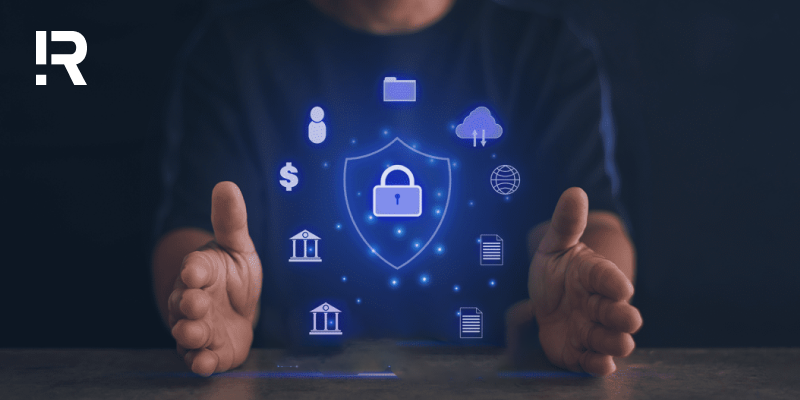
3. Legal regulations on personal information protection
Prior to the urgent demand for protecting personal information on the Internet, many countries and territories in the world have issued regulations regarding the protection of personal data and privacy.
In Vietnam
The Vietnamese government recently issued Decree No. 13/2023/N-CP on personal data protection, which will go into effect on July 1, 2023. This decree defines personal data protection regulations as well as the roles and responsibilities of relevant agencies, organizations, and individuals in protecting personal data.
- Collecting, transferring, or sharing personal data without consent of the data subjects, as managed through a reliable consent management platform, is illegal.
- Organizations and individuals providing marketing and advertising services are only permitted to use personal data collected from their business activities with the consent of the data subjects.
Previously, Vietnam had also enacted some laws on personal information protection, but the public still lacks full awareness of their rights and legitimate interests. For example, the Civil Code 2015 (Article 38), the Law on Cybersecurity 2015 (Articles 16, 17, 18, 19, and 20), and the Law on Consumer Protection 2010 (Article 6).
Other places in the world:
Some well-known personal data protection laws are:
- General Data Protection Regulation (GDPR)
GDPR is a new data protection law in the European Union that went into effect in May 2018. This law applies globally and requires businesses to protect EU residents’ personal data and privacy.
- California Consumer Privacy Act (CCPA)
The CCPA was enacted in 2018 and is applicable in the state of California, United States. This law gives California individuals more control over their personal information and compels businesses to provide notice and control over their personal data.
- Singapore's Personal Data Protection Act (PDPA)
The Singapore Parliament approved the PDPA in October 2012. This law recognizes Singaporean citizens' rights to protect their personal data and requires organizations to follow regulations governing the collection, use, and disclosure of personal information.
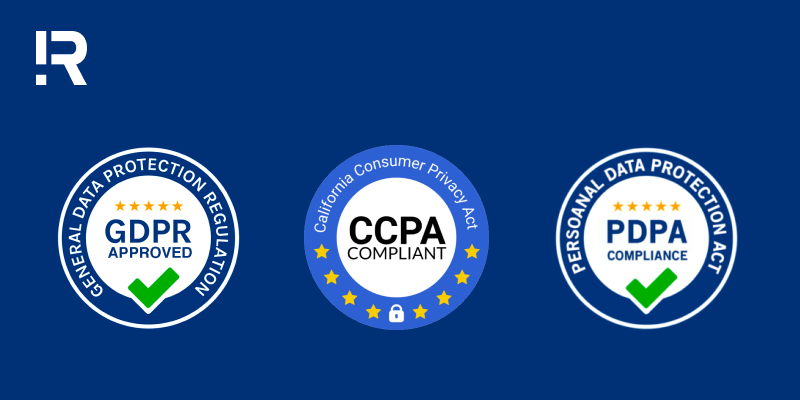
4. How to protect personal information on the Internet
Users can take the following precautions to access securely and protect your personal data on the Internet.
- Refuse to provide personal information
Consider carefully when asked to provide personal information on websites. Be especially cautious when using recruitment websites, and online marketplaces, as they frequently request detailed personal information.
- Delete unused online accounts
Delete any email accounts, social media profiles, e-commerce accounts, or old blogs that you no longer use to prevent the collection and sharing of personal information.
- Uninstall unused applications
Remove any applications that you no longer use and request your personal data be removed from those applications.
- Delete personal data in browsers (Google, Coccoc, Firefox, Edge)
Use the browsing history control page to delete personal data that the browser has saved about you, and enable the automatic deletion feature to prevent future data backups.
- Configure privacy settings
Optimize privacy settings on the applications, online accounts, browsers, and devices you use. Pay attention to settings related to location tracking, activity tracking, personalized advertising, and data sharing with third parties.
- Use data security and privacy technologies
SSO solutions and Web3 technology can help protect personal information on the Internet and reduce the risk of being targeted by hackers. SSO allows users to use a single login to access multiple applications (via a set of authentication credentials). It is less secure to use separate usernames and passwords for each application.
Furthermore, in the Web3 environment, users have control over managing and storing their own information and data. Hackers are nearly impossible to infiltrate and steal personal assets unless users reveal their password or wallet passcode.
AesirX's SSO and WEB3 ID technology are two examples. AesirX utilizes Concordium's zK-ID security technology to ensure easy and secure logins while also allowing users to remain anonymous on the Internet. This protects personal data and prevents web attacks and data breaches.
5. Responsibilities of businesses in protecting personal information
Businesses must comply with regulations governing the protection of customer privacy and personal information in the digital age. Here are some important notes:
- Ensure transparency: Provide clear and transparent information about the collection and use of personal data.
- Legal data collection: Only collect personal information with the customer's consent or as required by law.
- Protect personal information: Implement security measures to ensure the safety of customers' personal information (use security technologies, establish security policies and procedures).
- Information non-disclosure: Do not share personal information with third parties without the customer's permission (except in cases of legal requirements or customer consent).
- Legal compliance: Strictly follow legal provisions pertaining to the protection of personal information, such as privacy rights and data security.
It can be said that data privacy rights are becoming a mandatory business requirement in Vietnam. Understanding the importance of protecting personal information on the Internet, R Digital has implemented AesirX Analytics technology to provide digital privacy solutions for businesses, enabling efficient data collection and analysis while fully complying with relevant laws and regulations.
Our Analytics analysis technology offers the following significant benefits:
- Free and open source tool
- Only collect and use first-party data
- Protect user privacy and personal information
- Comply with GDPR, CCPA, and data protection laws in Vietnam
- 30% higher analysis efficiency than Google Analytics in terms of user numbers
- Quick and easy integration on Joomla and WordPress
For more information on AesirX Analytics technology, please visit: AESIRX ANALYTICS TECHNOLOGY
